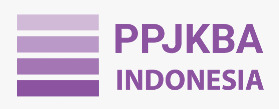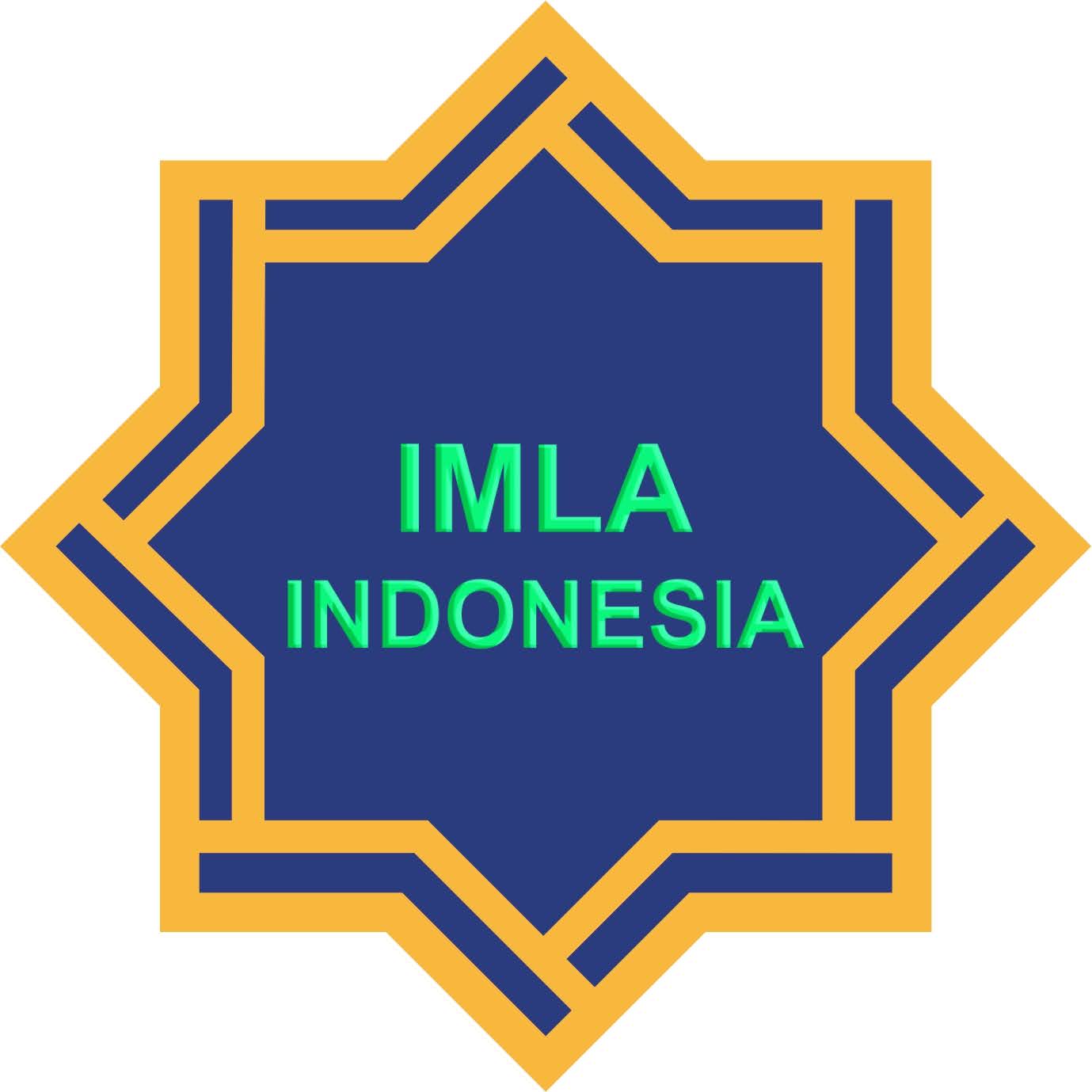The Level of Anxiety of Speaking Arabic Students of Arabic Language Education Program In Practice of The Khitobah 1 Course
DOI:
https://doi.org/10.21154/tsaqofiya.v5i1.230Keywords:
Anxiety language, Arabic speaking’s, Course, FLCAS, KhitobahAbstract
This research was conducted to observe the level of anxiety in speaking Arabic among students of Sayyid Ali Rahmatullah Tulungagung State Islamic University's Arabic Language Education Study Program in the practice of the Khitobah 1. The research was conducted using mixed methods combining qualitative and quantitative methods. The researcher collected data through a closed questionnaire using the Horwitz FLCAS (Foreign Language Classroom Anxiety Scale) anxiety measuring instrument and modified it according to the research objectives. Meanwhile, qualitative data were obtained through semi-structured interviews with open-ended questions to obtain the naturalism of students' experiences in practicing Khitobah 1. The results showed that students experienced high levels of anxiety. Another finding is that students tend to experience higher anxiety in the aspect of negative evaluation anxiety, which is 66%.The factors that cause anxiety are linguistic and non-linguistic. Linguistic factors include the complexity of the Arabic language and non-linguistic factors include self-concept, self-efficacy, feelings of insecurity, fear of making mistakes, and so on. It is hoped that the results of this research can provide useful information for teachers of Arabic in designing more effective strategies in learning Maharah Kalam and providing assistance to students in dealing with excessive anxiety in practice.















.png)


